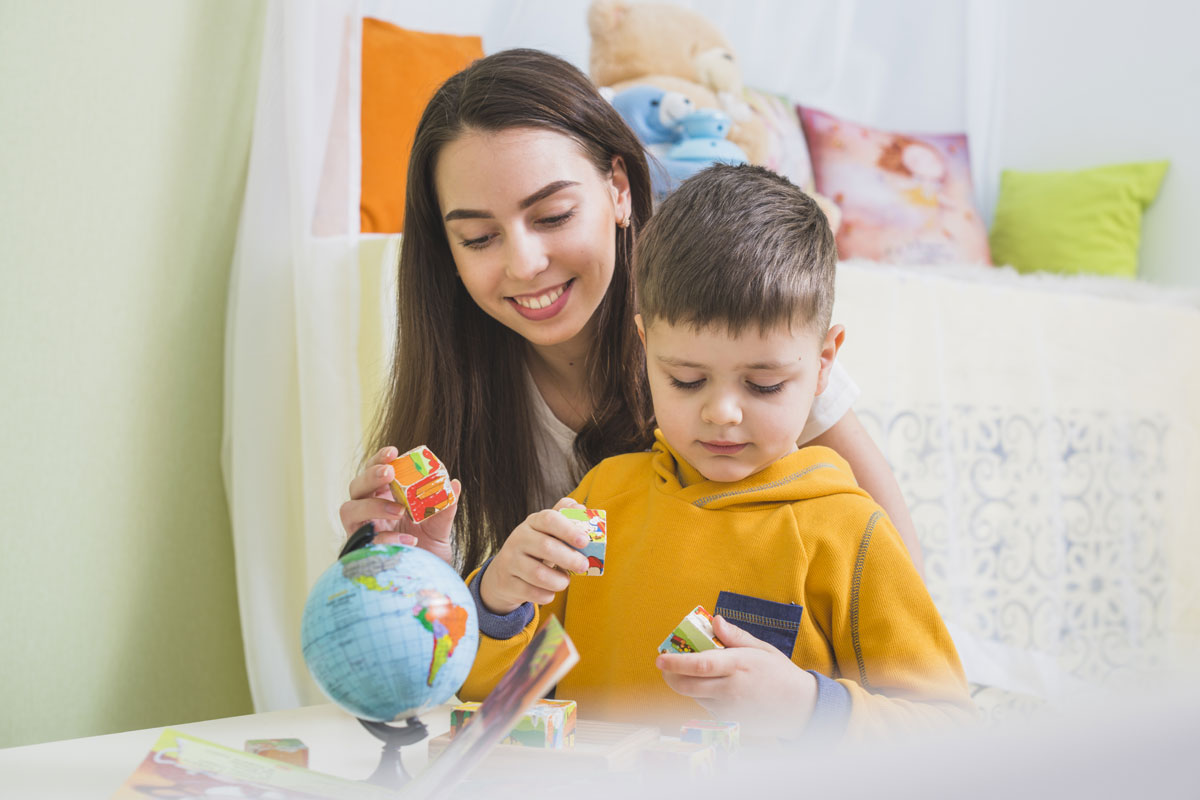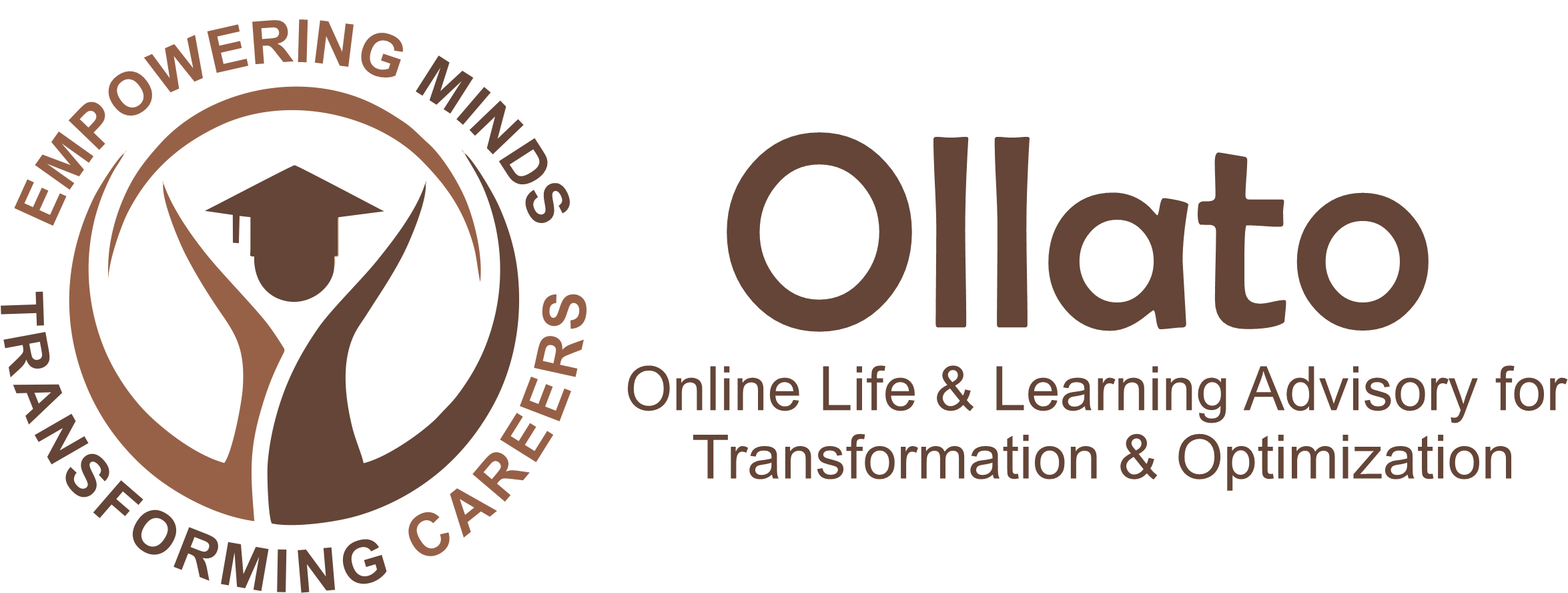
April 19, 2024
Role of Parents in a child’s Education
Parents play a crucial role in shaping a child’s holistic growth. Parenting goes beyond fulfilling the fundamental needs of a child; it involves fostering the cognitive and social abilities necessary for academic achievement and future success.
A child’s educational journey commences within the home, where parents serve as their initial educators. Parents play a vital role in molding various aspects of a child’s personality, character, habits, and emotional growth. Studies indicate that the level of parental engagement in a child’s education is a significant predictor of their academic achievement.
Primary areas where parents can, indeed should, make significant contributions are as follows:
1. Become a role model
Parents should instill discipline, responsibility, and accountability in children by setting boundaries, establishing consequences, and imparting values. However, children tend to follow the actions of adults more than what they preach. They absorb and quickly adopt every mannerism of their parents.
2. Help them with their studies
Parents can support their children by reviewing school lessons, providing guidance on homework and projects (while avoiding doing the work for them). They can engage in reading activities with their children, both by reading to them and reading together.
3. Engagement and involvement
Parents ought to be actively involved in their child’s education by participating in school functions and events, maintaining open communication with teachers, taking feedback from them and having conversations about their child’s academic progress and goals.
4. Creating a home environment that encourages learning
Parents are supposed to provide their children unwavering support and acceptance. They can significantly impact their children’s development by maintaining a positive attitude, being emotionally available, and offering reassurance during times of failure. Creating an atmosphere of love and openness, where failure is accepted as part of the learning process, fosters curiosity and facilitates optimal development. Moreover, they should give access to educational resources such as books, educational materials, and technology. They should encourage a balanced approach to studying and leisure activities and acknowledging their achievements through rewards.
5. Setting expectations
Parents play a vital role in establishing expectations regarding academic success, behavior, and engagement in educational tasks, which can significantly influence a child’s performance and attitude towards school.
6. Provide constructive criticism
Offering constructive criticism to children when they struggle can be highly beneficial. This feedback aids in immediate improvement as well as cultivates a habit of embracing feedback for future growth. Take time to engage with your child, discussing the reasons behind their actions and how you can support them. When children feel listened to and understood, they are more likely to communicate openly not only now but also in the future.



